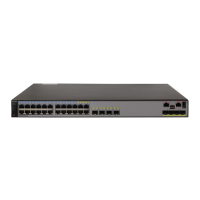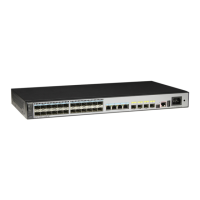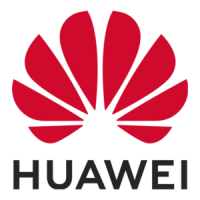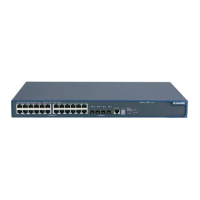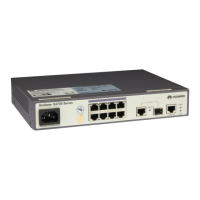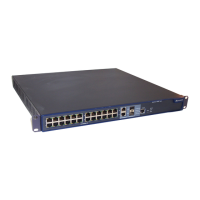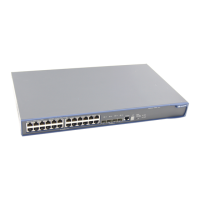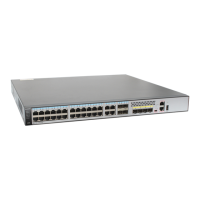OptiX OSN 7500
Technical Manual - System Description 6 Data Features
Huawei Technologies Proprietary
6-4
B, and VLAN 3 of Company A shares a VCTRUNK with VLAN 13 of Company B.
All services of Company A are converged to NE1 and output from the FE/GE interface
of the NE1, and then are sent to the Lanswitch for further processing.
VLAN 1
VLAN 2
VLAN 13
VLAN 1
VLAN 2
VLAN 3
Headquarters of
Company B
Branch
Branch
Branch
VLAN 12
VLAN 3
VLAN 11 VLAN 12
VLAN 13
Headquarters
of Company A
VLAN 11
1 3
2
Traffic flow
n
SHR
NE 1
NE 2
NE 3
NE 4
Figure 6-2 The EPL service with VLAN tag
3. EVPL Service with MPLS Capability
The OptiX OSN 7500 adopts the Martini modes to construct the multi-protocol label
switching (MPLS) Layer 2 VPN and provide EVPL service.
The EVPL service offers point-to-point connection and implements service
convergence for users. As shown in Figure 6-3, the system will search the Port + Vlan
ID table for the external label (Tunnel) and internal label (VC), and add them to the
accessed Ethernet frames. Data transfer in the network is based on the MPLS label,
which switched at the label switch path (LSP). Then, the data will be transmitted to the
NE4 equipment, which strips the MPLS label and transfers the data to the
corresponding port. The OptiX OSN 7500 integrates the function of P equipment and
PE equipment.
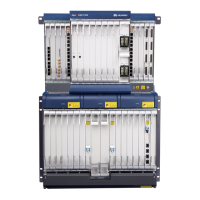
